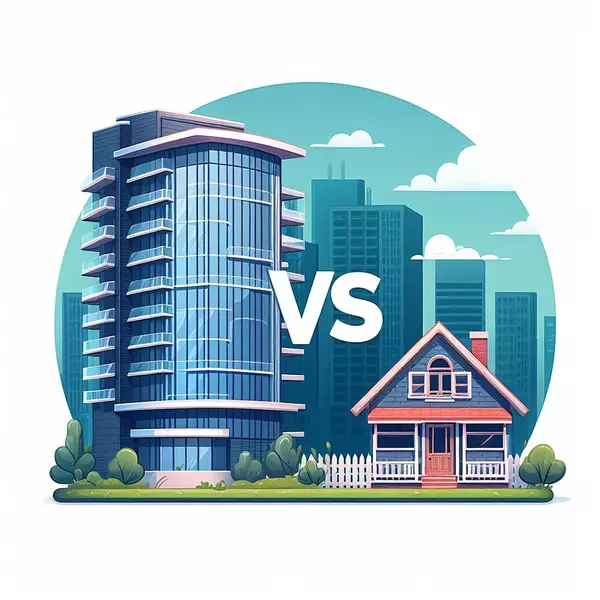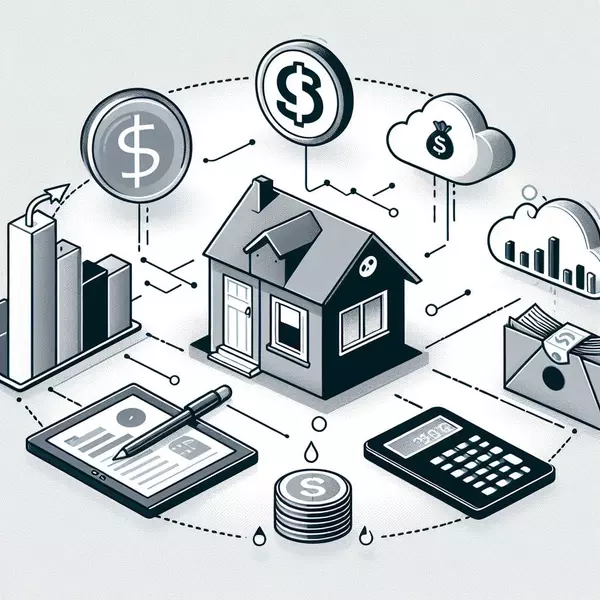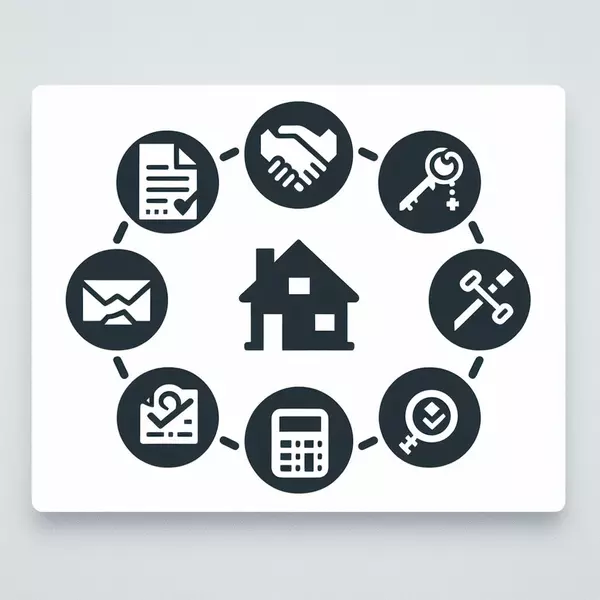
When would be the best time to sell your home?
Thinking of Selling Your Bergen County Home? Here's When You Might Strike Gold The decision to sell your home is a big one. You've likely built memories and invested time and money into your space. Beyond the emotional aspects, timing the sale right can significantly impact the outcome. As your l

Buying a Condo vs House
Choosing between buying a condo or a house is a decision that many prospective buyers face. Both options have their own unique benefits and considerations, and understanding the key differences between the two can help buyers make an informed decision. In this blog, we will explore the key differenc

Connection between interest rates and home price
Interest rates and home prices have an intricate connection that significantly impacts buyers, mortgage rates, and real estate investors. Understanding this relationship is crucial for anyone looking to enter the housing market.For potential buyers, interest rates play a vital role in determining af



